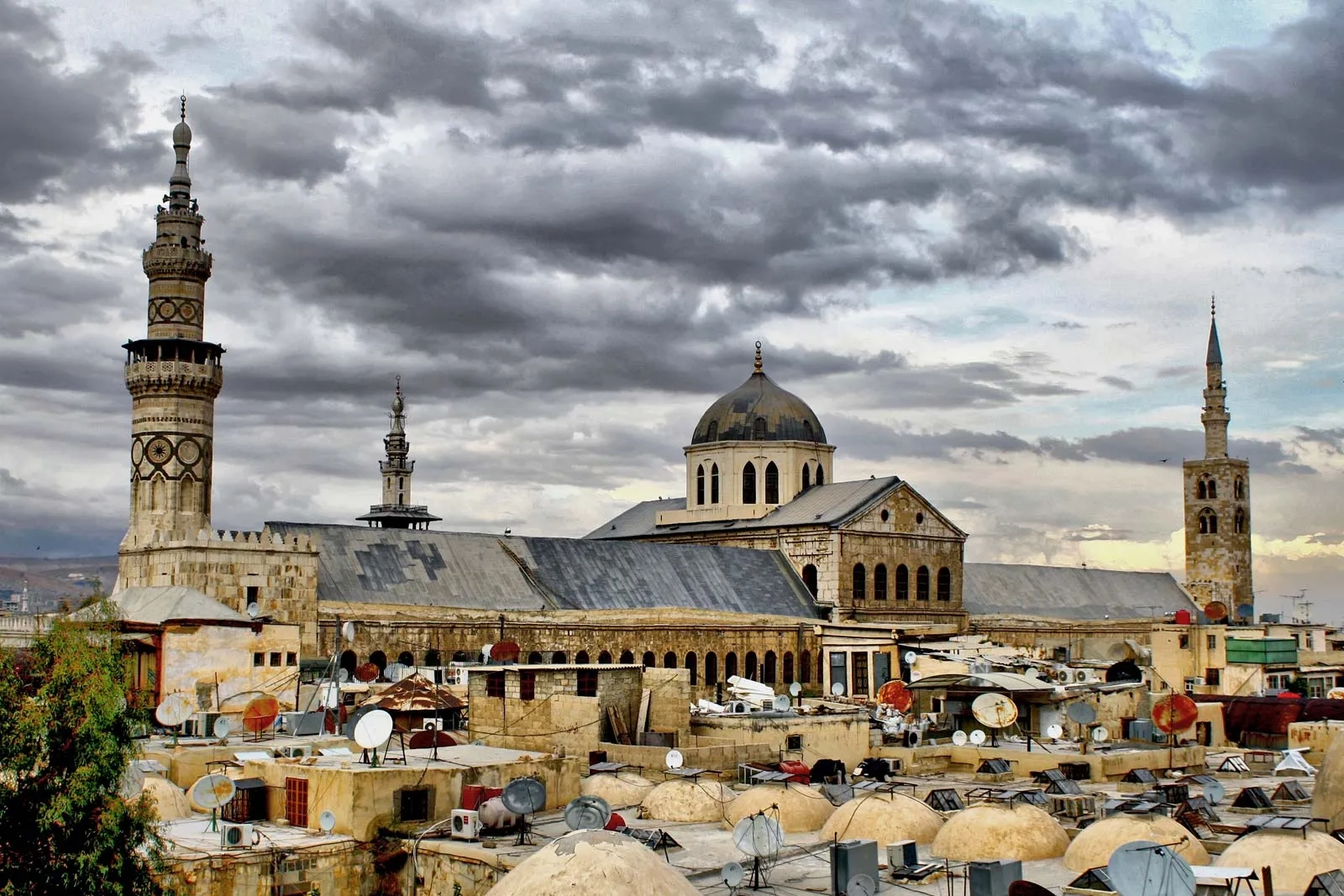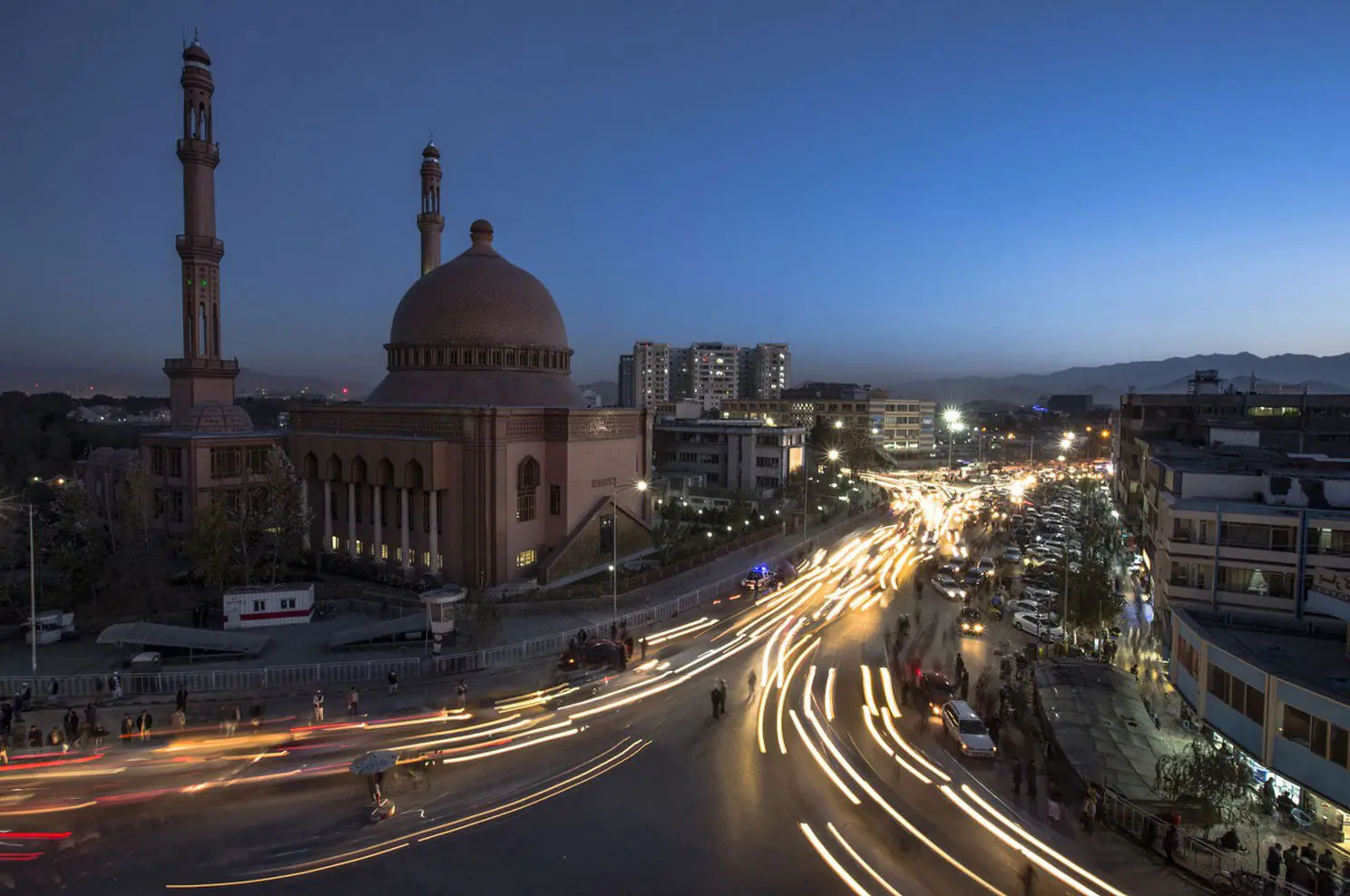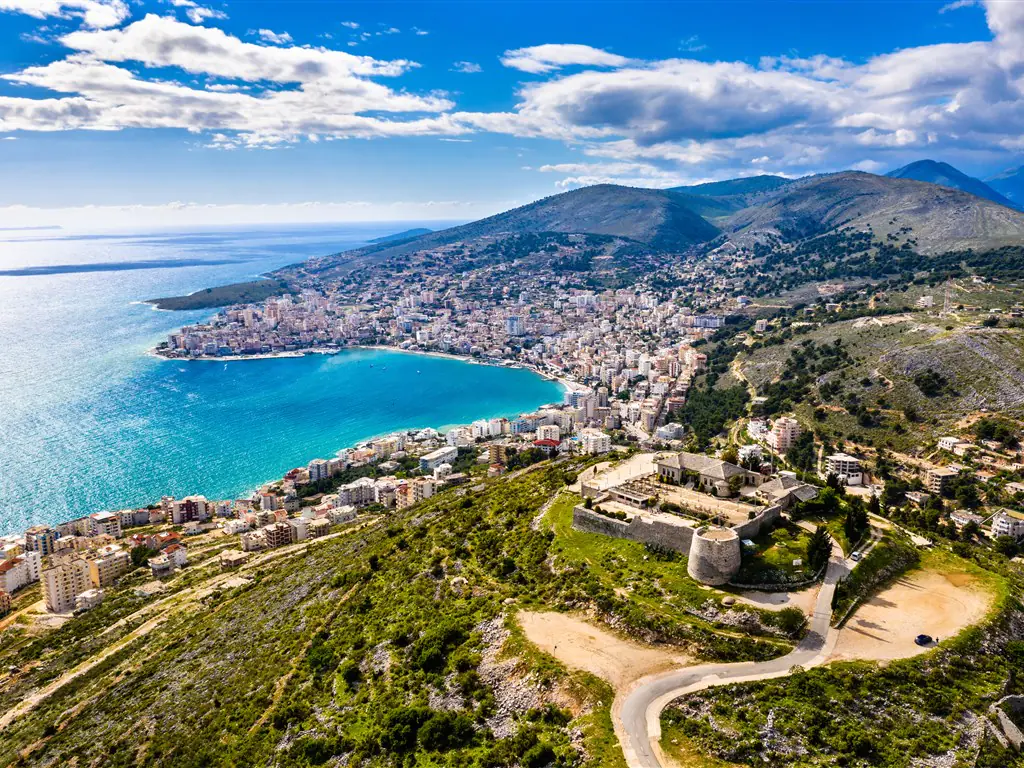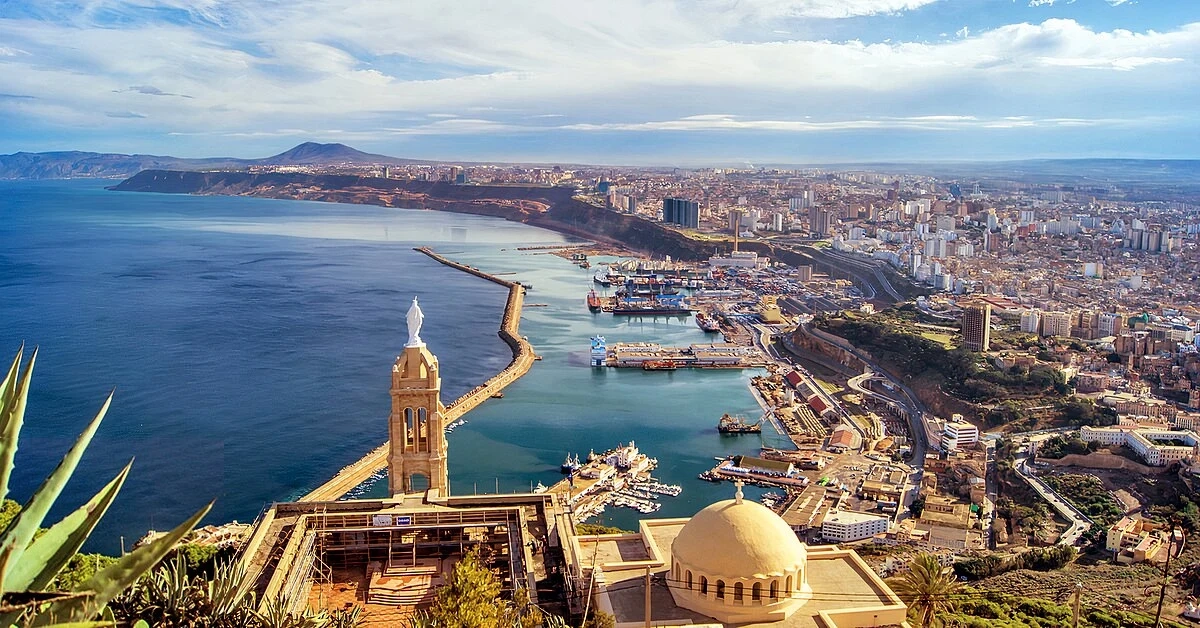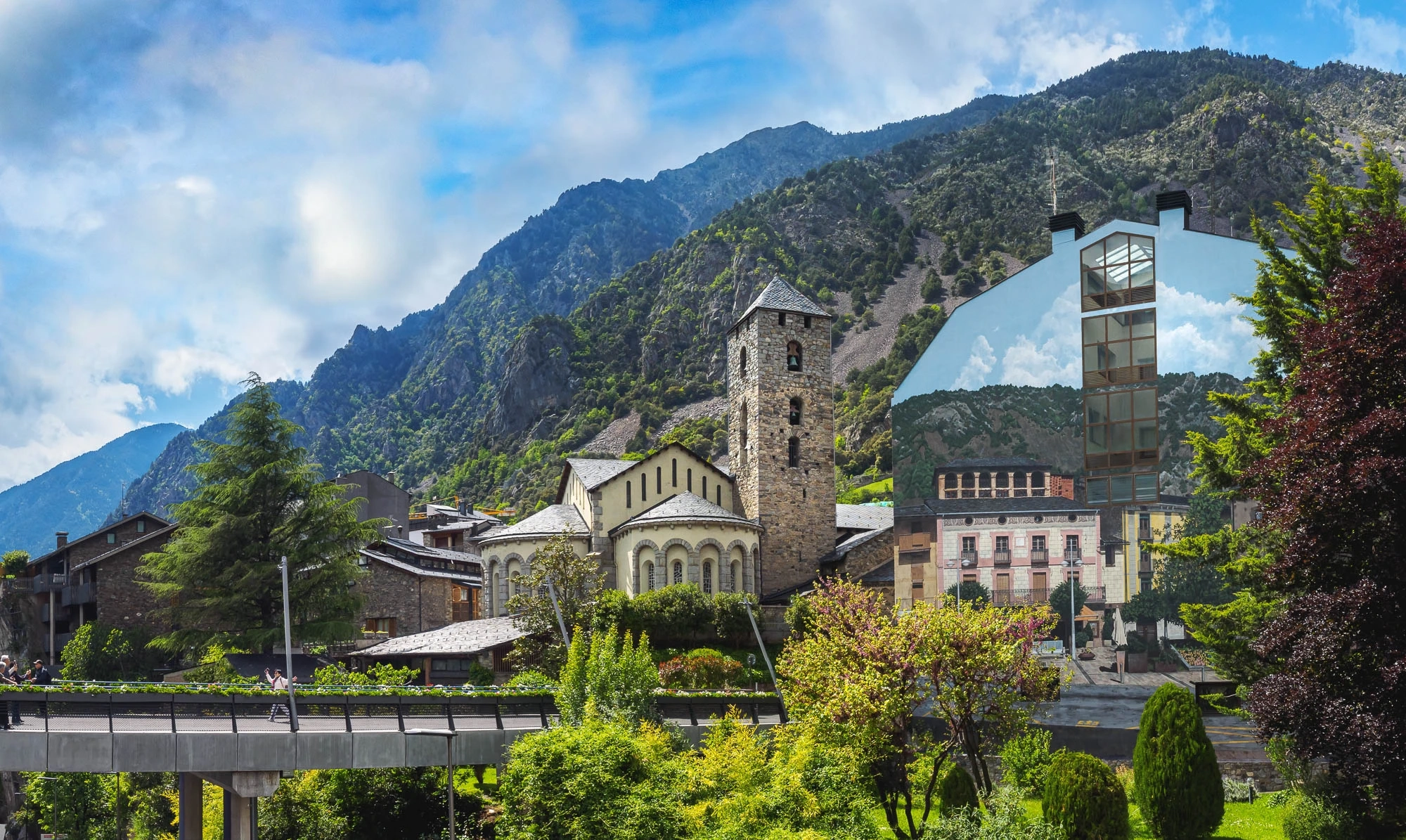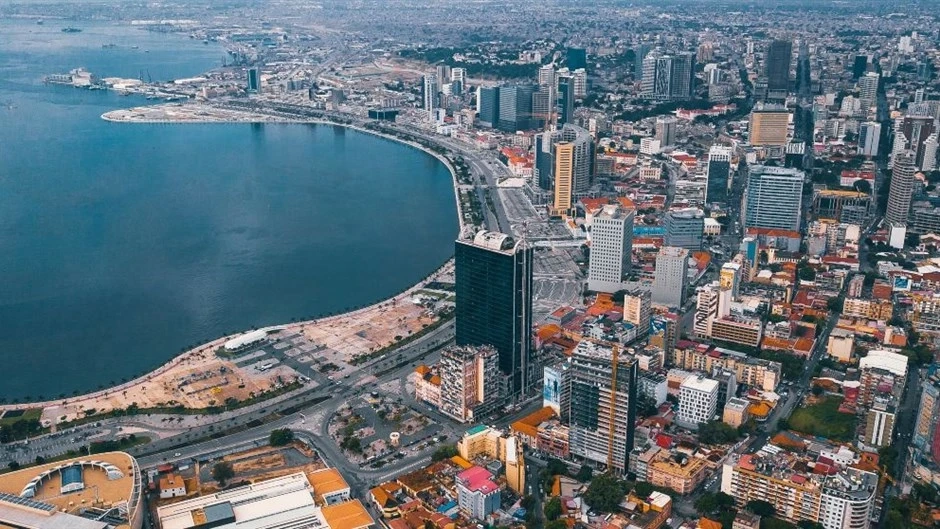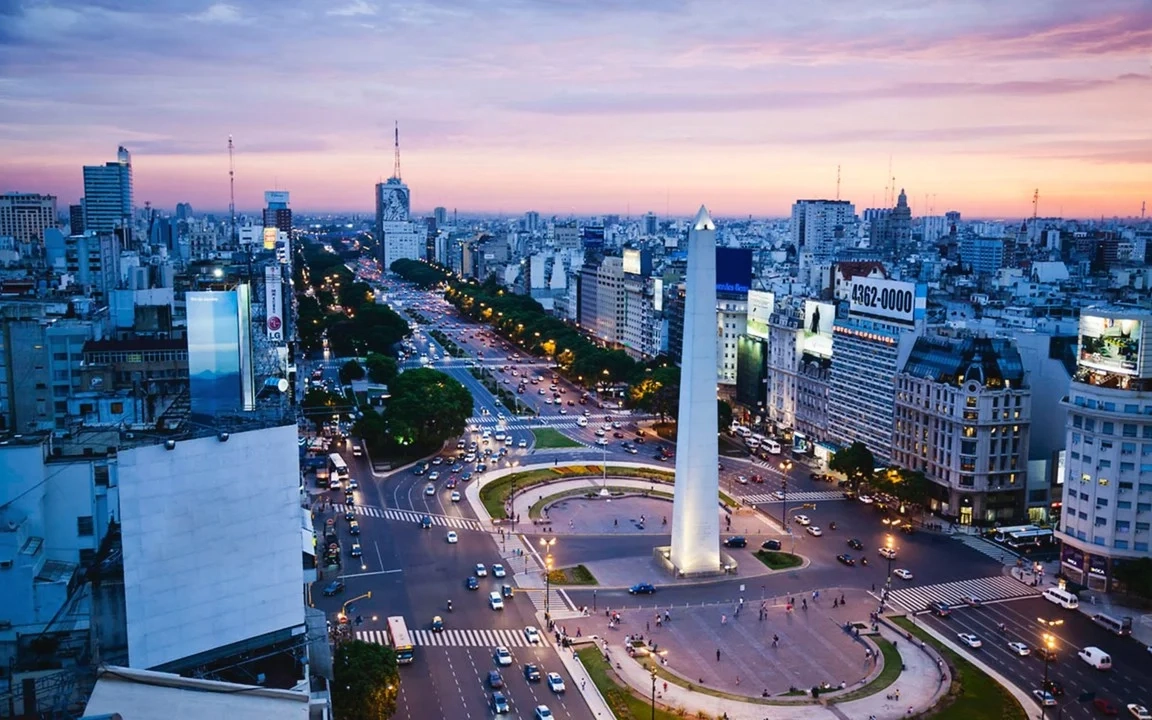1. Safety and Security: The security situation in Syria has been volatile since the outbreak of the conflict, with ongoing violence, displacement, and humanitarian crises affecting millions of people. Immigrants in Syria may face risks related to the conflict, including exposure to violence, displacement, and challenges accessing essential services.
2. Cost of Rent: The cost of rent in Syria varied depending on the city and neighborhood. In major urban centers like Damascus and Aleppo, rental prices tended to be higher, especially in desirable areas with amenities. However, the conflict has disrupted housing markets and led to displacement, affecting rental prices and availability.
3. Healthcare: The ongoing conflict has severely strained the healthcare system, leading to shortages of medical supplies, personnel, and infrastructure.
4. Transport: The conflict has impacted transportation infrastructure, with disruptions to services and damage to roads and infrastructure in some areas.
It's challenging to provide an accurate average cost of living for Syria due to the ongoing conflict, which has significantly disrupted economic activity and led to widespread displacement and humanitarian crises.
Pros:
- Rich History and Culture: Syria boasts a rich cultural heritage, with historical sites dating back millennia, including ancient cities, mosques, and archaeological treasures.
- Diverse Cuisine: Syrian cuisine is renowned for its variety and flavor, offering a diverse range of dishes influenced by Middle Eastern, Mediterranean, and Persian culinary traditions.
- Affordable Cost of Living: Before the conflict, Syria had a relatively affordable cost of living compared to many other countries, with low prices for food, housing, and services.
Cons:
- Conflict and Insecurity: The ongoing conflict in Syria has led to violence, displacement, and insecurity, creating a dangerous and volatile environment for residents.
- Humanitarian Crises: The conflict has resulted in widespread humanitarian crises, including food shortages, lack of access to healthcare, and displacement of millions of people both internally and as refugees.
- Economic Challenges: The Syrian economy has been severely impacted by the conflict, leading to hyperinflation, unemployment, and widespread poverty.
- Infrastructure Damage: Years of conflict have resulted in significant damage to infrastructure, including roads, utilities, and healthcare facilities, affecting daily life and access to essential services.
- Political Instability: The political situation in Syria remains complex and volatile, with ongoing tensions and international involvement contributing to uncertainty about the country's future.
1. Damascus: As the capital city, Damascus was known for its rich history, vibrant culture, and diverse neighborhoods. It offered a range of amenities, including historical sites, markets, restaurants, and educational institutions.
2. Aleppo: Aleppo was one of the oldest continuously inhabited cities in the world and was known for its historic architecture, bustling markets, and cultural heritage. It was also an economic hub, with thriving industries and trade routes.
3. Homs: Homs was a major city located in central Syria and was known for its historical significance, including ancient ruins and landmarks. It was also an important industrial center with a diverse population and vibrant neighborhoods.
Given the ongoing conflict and volatile situation in Syria, immigration to the country is not advisable at this time.
1. Security Assessment: Conduct thorough research on the current security situation in Syria, including the specific region or city you plan to immigrate to. Stay informed about any travel advisories or safety concerns issued by government authorities and international organizations.
2. Legal Considerations: Understand the immigration laws and regulations of Syria, including visa requirements, residency permits, and any restrictions or limitations for foreign nationals.
3. Cultural and Social Integration: Familiarize yourself with Syrian culture, customs, and societal norms to facilitate integration into the local community. Language proficiency in Arabic, the official language of Syria, may be essential for communication and daily interactions.
